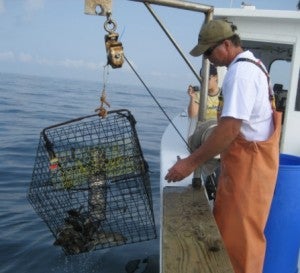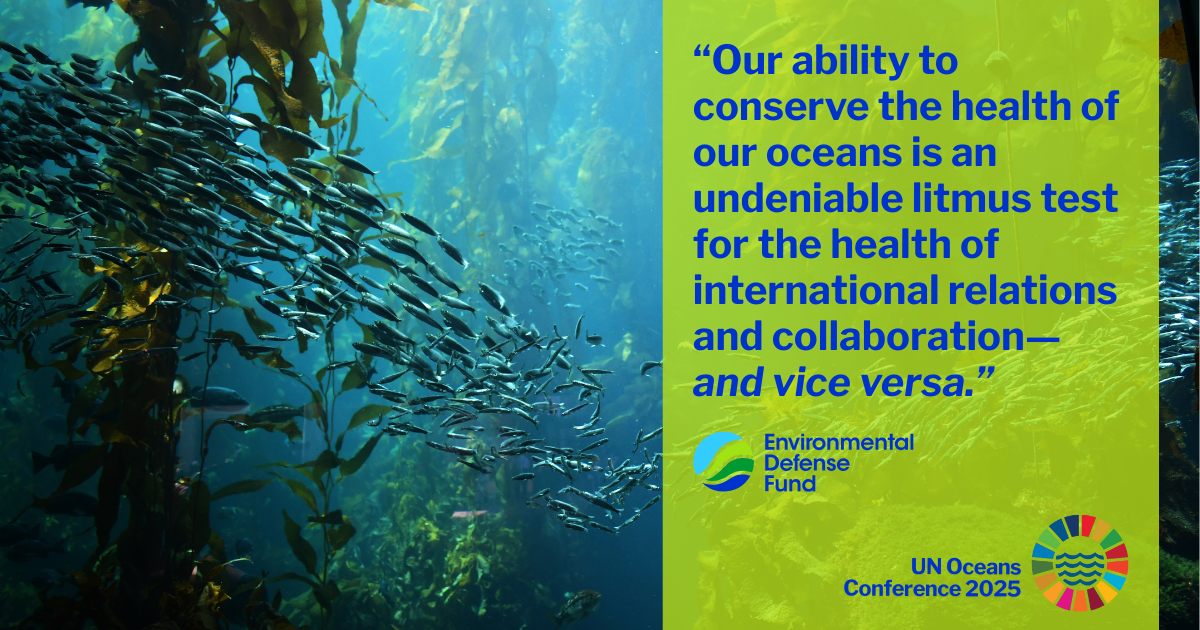October Brings Even More Closures to the South Atlantic
 If you think the headlines about fishery closures in the South Atlantic are getting old, imagine being a fisherman in the region. As these closures continue to pile up, they are looking at months off the water.
If you think the headlines about fishery closures in the South Atlantic are getting old, imagine being a fisherman in the region. As these closures continue to pile up, they are looking at months off the water.
On October 8, 2012 the commercial black sea bass fishery will close for the year. The fishery opened on July 1, 2012 after having eliminated half of its fishermen – many who had made serious investments in gear and relied on black sea bass for many years. This was a result of a fishery management tool called “endorsements” implemented by the South Atlantic Fishery Management Council.
Endorsements eliminate fishermen from a specific fishery to handle overfishing by setting a minimum average of pounds of fish that fishermen must have caught in the past to receive an “endorsement” to fish for that species in the 2012 season. The unfortunate truth about endorsements is that conservation-practicing fishermen who fish with less gear, catch less fish, and are paid a higher price for their quality fish are forced out of the fishery in favor of those who use more gear, catch more fish, and flood the market with lower quality fish.
In South Carolina this program eliminated 80 percent of the fishermen who had previously been trapping sea bass. It hurt fishing families throughout the region, and especially in the Carolinas – where in some fishing towns, not a single fisherman received an endorsement. To make this hardship worse, after all of that, this year’s season only lasted 55 days longer than the previous year.
Fishermen are willing to sacrifice to ensure the long-term sustainability of the fish, but a program that results in blanket removal of fisherman, without any hope for a future stake in the fishery, isn’t good policy.
More closures are coming for fishermen in this region and the question of how long they can hang on is getting harder to answer. The outdated command and control management isn’t working for the stocks and isn’t working for the fishermen. They deserve better.
While we agree catch limits based on sound science must be set to rebuild fish stocks, there are more prudent measures that can be implemented that secure the fishery and sustain the fishermen, their communities and the supply chain. Catch limits alone rarely work for the fish and the fishermen. When fisheries close in the South Atlantic it doesn’t just hurt fishermen. The shorter and shorter the seasons get, the less fresh local seafood restaurants and retailers can sell – an impact felt from the dock all the way down Main Street.
The views of EDF are clear on fishery management, but we recognize that change must start with a conversation, a civil exchange of ideas. The South Atlantic has been stuck in a web of complicated regulations, trip limits, endorsements, shortened seasons, and new closures and we can all agree the region deserves better.
If you’re interested in talking about how we can change the region together, please email us at BetterForSA@edf.org












